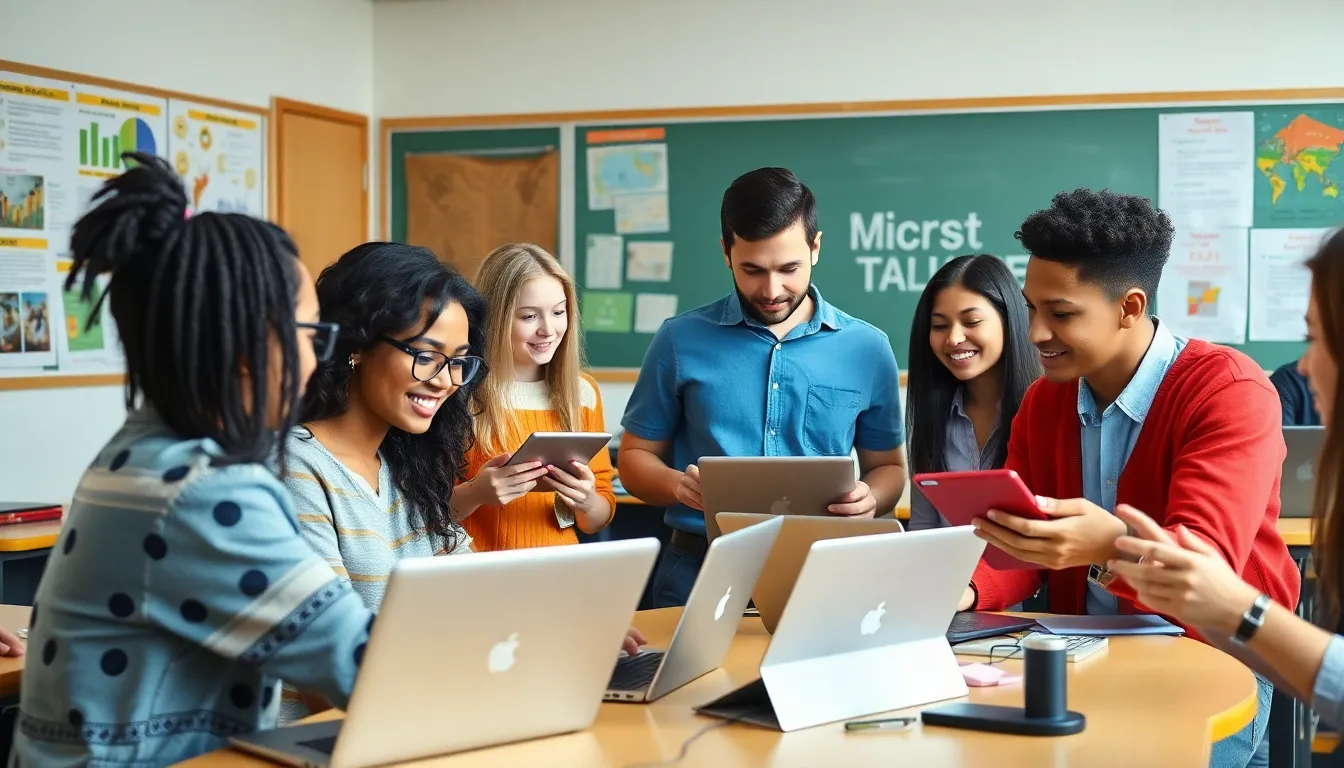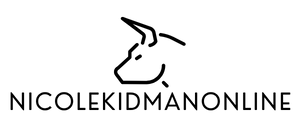Table of Contents
ToggleTeen education is like trying to teach a cat to fetch—challenging but oh-so-rewarding when it clicks. With a whirlwind of distractions from social media to TikTok dances, keeping teens engaged in their studies feels like herding cats. Yet, it’s crucial to equip them with the skills they need to navigate the adult world.
Importance Of Teen Education
Teen education plays a crucial role in shaping adolescents into capable adults. Developing essential skills during this period lays the groundwork for a successful future.
Academic Growth
Academic growth during the teenage years drives students towards critical thinking and problem-solving skills. Engaging in rigorous coursework fosters intellectual curiosity and motivation. Exposure to various subjects encourages exploration, allowing teens to discover their passions. A solid education provides foundational knowledge necessary for higher education and vocational opportunities. Statistics indicate that students who remain committed to learning perform better in standardized tests and overall academics. Encouraging a love for learning prepares teens for challenges they’ll encounter in adulthood.
Social Development
Social development significantly influences emotional intelligence in teens. Interacting with peers in educational settings cultivates teamwork, communication, and leadership skills. Participating in group projects or extracurricular activities enhances collaboration, enabling teens to form bonds with diverse individuals. These experiences build resilience and adaptability, essential traits in today’s fast-evolving world. Data shows that students engaged in social activities report higher self-esteem and improved mental health. Such environments nurture empathy, ensuring teens grow into well-rounded, socially responsible adults.
Challenges In Teen Education

Education faces significant challenges when engaging teenagers, especially due to shifting cultural and technological landscapes. Distractions like social media complicate traditional teaching methods.
Traditional Education Gaps
Traditional education often falls short in addressing the unique learning styles of teenagers. Many standard curriculums lack flexibility, which can disengage students. Research indicates that over 50% of teens feel unprepared for life after school due to this mismatch. A one-size-fits-all approach fails to accommodate varied interests and abilities among adolescents. Practical skills often take a backseat, discouraging students from connecting their education to real-world applications. Consequently, the gap between academic content and life skills widens, hindering meaningful learning experiences.
Technology Integration
Integrating technology in education remains crucial yet challenging. Many teachers struggle to incorporate digital tools effectively. Data shows that over 60% of educators report feeling inadequately trained to use technology in classrooms. Engaging students with interactive platforms can enhance learning, but not all schools possess the necessary resources. Disparity in access to technology also affects equitable learning opportunities. Connecting online resources to traditional curricula fosters engagement, yet students require guidance to navigate this digital landscape effectively. Thus, optimizing technology use can significantly enhance the educational experience for teenagers.
Innovative Approaches To Teen Education
Innovative strategies present effective solutions to engage teens in their education. These approaches help bridge the gap between academic content and real-world experiences.
Project-Based Learning
Project-based learning fosters active engagement through hands-on experiences. Students work collaboratively on real-world tasks, enhancing their critical thinking and teamwork skills. Research shows that this method increases retention rates, with students retaining 80% of what they learn by doing. This format encourages creativity and allows for personalized learning, catering to diverse interests and strengths. With guidance from educators, teens not only grasp concepts but apply them in practical scenarios, promoting a deeper understanding of the material.
Online Learning Platforms
Online learning platforms provide flexible educational experiences accessible anytime and anywhere. They cater to various learning styles, accommodating visual, auditory, and kinetic preferences. Statistics reveal that 87% of teens engage positively with digital tools, showing a preference for interactive content over traditional methods. Participation in online forums and discussions enhances social learning opportunities, allowing teens to collaborate with peers globally. These platforms enable personalized learning paths, empowering students to progress at their own pace while developing essential digital literacy skills necessary for the modern workforce.
Role Of Family And Community
Families and communities significantly influence teen education. Their involvement plays a crucial role in shaping the educational landscape for young individuals.
Parental Involvement
Active participation from parents enhances educational outcomes. Studies show that involved parents foster better academic performance and motivation in teenagers. Communication between parents and teachers creates an essential bridge, allowing for tailored support that meets a teen’s specific needs. Regularly attending school events or volunteering in the classroom strengthens connections, making teens feel valued and supported. Furthermore, setting high expectations while providing guidance cultivates resilience, encouraging students to strive for success.
Community Resources
Community resources offer essential support that enriches educational experiences. Access to libraries, after-school programs, and tutoring services can bridge gaps in learning. Local businesses often provide mentorship opportunities, giving teens real-world insights into various careers. Workshops and community events also facilitate skill development and networking, enhancing both social and academic growth. Schools that collaborate with local organizations create an ecosystem of support, ensuring resources are easily accessible to all students. This integration fosters a sense of belonging and responsibility among teens, preparing them for future challenges.
Navigating the complexities of teen education requires a multifaceted approach that embraces both traditional and innovative strategies. By recognizing the unique challenges teenagers face in today’s digital age, educators and families can work together to create engaging learning environments.
Fostering essential skills through project-based learning and leveraging technology can significantly enhance educational experiences. Moreover, strong community support and parental involvement play vital roles in shaping well-rounded individuals prepared for adulthood.
Ultimately, prioritizing personalized learning and emotional development not only enriches academic journeys but also equips teens with the tools they need to thrive in an ever-evolving world.




